Everywhere you go in society today you can see people reading. Heads bowed in cars texting at stop lights, figures hunched over laptops in coffee shops, fixated gazes riveted on social media in the classroom—these are the frequent figures of the digital age.
Palomar is expediting the learning of effective reading through reading classes, in hopes of helping students in college and beyond. In line with this goal, the college seeks to provide instruction in reading aimed at enhancing written and interpersonal communication, helping students to think critically about their beliefs while increasing their empathy for others.
Reading facilitates communication
Professor Erin Feld at Palomar believes reading helps with both written and interpersonal communication. One way to improve these skills is to become familiar with viewpoints other than one’s own through wide reading. That is because reading widely gives oneself familiarity with an array of perspectives, which Feld believes can then be used as models of writing and speaking.
“If you are reading about people who are different than you, then you can learn more. Generally, the more we know about someone, the more we can put ourself in their shoes, as they say, so then we can have more of an understanding of why they might think the way they do or do things the way they do, she said. “With reading, we can learn things about all kinds of people, situations, experiences, etc. that we can bring with us as we meet and interact with new people.”
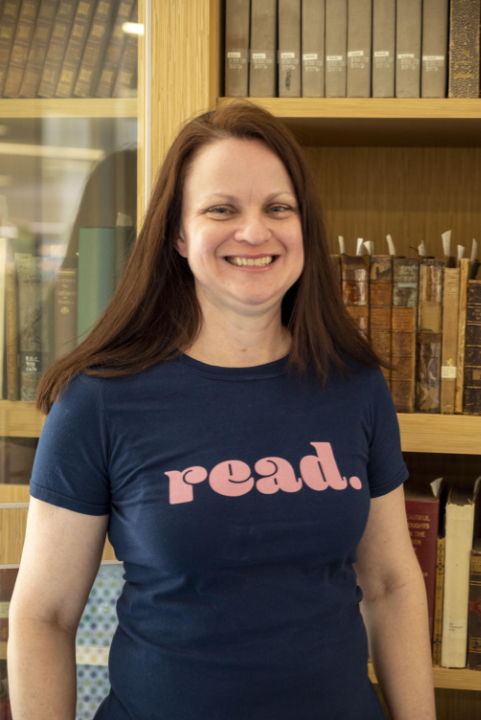
(Photo courtesy of Howard Goldstein)
Feld believes that by becoming aware of others’ viewpoints, we have an idea of how to communicate—both interpersonally and in writing—with those who hold these points of view. We learn how to approach the arguments that they would be willing to listen to.
“If you meet somebody with different viewpoints, and you’ve already read them, then it’s not like, ‘Wait, how could you believe that?’ as your initial reaction,” she said. “So just that exposure potentially before you’re in situations with people, or if you’ve not heard about a particular viewpoint but at least been exposed to, you’re aware that people are going to disagree with you in the world, and that’s not a startling moment.”
Reading can also help the reader by providing verbal resources for communication. The reader can learn new words through being exposed to them in print. Wide reading exposes the reader to multifarious genres of writing. Each of these genres possesses a language unique to itself, Feld said.
Delving into a diverse range of subjects produces mental associations from this wide range of writing styles. Feld believes that language used in these mental associations tends to register and stay. Seeing words in the context in which they are used gives examples to which learned words can apply.
Habitual reading accustoms the reader to an array of thought processes that authors use in their writing. Since language is the medium in which human thought is expressed in writing, the reader can develop a clear use of language through reading because writers usually take pains to express themselves with clarity.
How studying philosophy helps with critical thinking
In an interview with The Telescope, William Leslie, Professor of Philosophy at Palomar College, stated that he believes studying philosophy can help one to think critically.
“Most importantly, to think like a philosopher, he said.” This means, on any important issue or controversy, to exercise all the reasons supporting different answers to it from all relevant perspectives, including the criticisms of those answers and rebuttals of those criticisms, always using logic and avoiding fallacies.”
Leslie believes that thinking like a philosopher helps us to develop our values. Through thinking philosophically, we can critically examine the values we have inherited. “Most people mimic, uncritically, the values of the family, religion, society they were born into and had no choice in,” Leslie said.
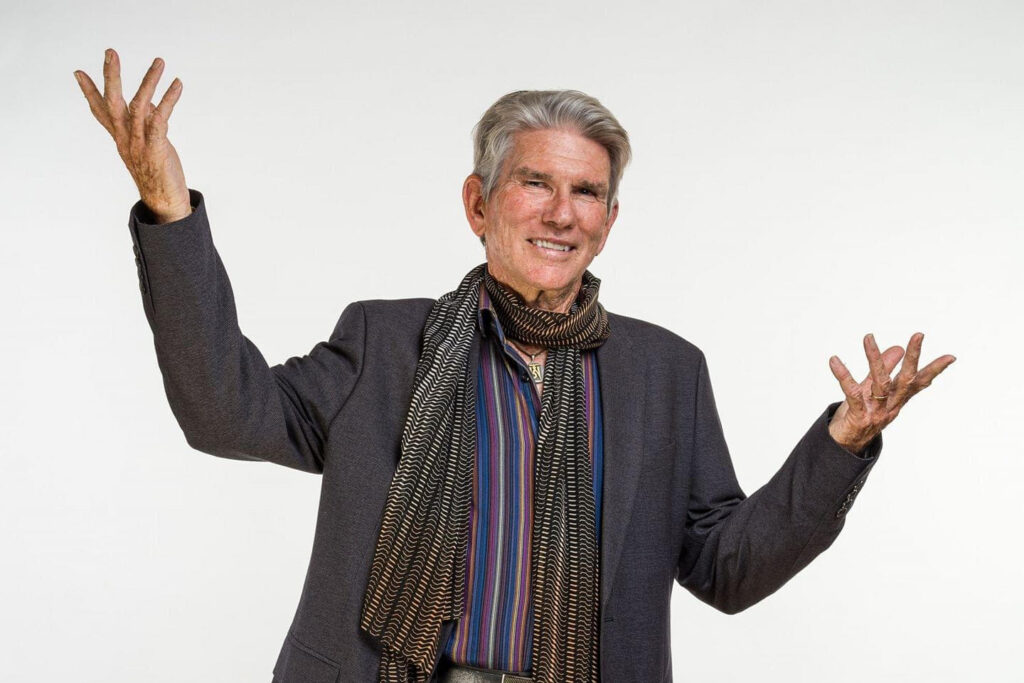
Dr. William Leslie. (Photo courtesy of Joe Dusel Photography)
Critical thinking is not always a societal luxury. And if the critical faculty is not exercised on a regular basis, it can atrophy. Fortunately, educational movements have increased the availability of classes like philosophy that provide the opportunity to practice critical thinking.
“With its emphasis on thinking through all possible answers (and their criticisms) to questions of values (good vs. evil, virtue),” Leslie said, “thinking philosophically about our values takes us a long way towards realizing our maximum potential.”
Palomar College Professor of Philosophy Jeffrey Epstein also holds that studying philosophy helps with critical thinking. He believes that to think critically we must also be willing to be open to entertaining perspectives other than our own. “Reading philosophy builds our critical thinking muscles. We must cultivate reason and logical analysis to make sense of arguments,” he said. “We must cultivate an emotional and affective orientation to others which allows for the interpretative generosity such that we are able to hear and make sense of the arguments and ideas of those who are different from us. Critical thinking is an orientation not just a skill, and philosophical reading engenders this in those willing to jump in.”
One of the ends of philosophy, according to Epstein, “is to sharpen and deepen one’s ability to generously receive the arguments of others. This requires not only critical thinking and flexibility of thought but also an empathetic openness and willingness to be vulnerable by allowing one’s own foundational beliefs and ideas to be questioned.”
Critical thinking is thus not the only component necessary for analyzing arguments. We must first be able to receive the perspective on which those arguments are based. And this requires empathy.
Reading stories increases empathy
Reading non-fiction argumentation may help the reader to develop critical thinking skills by obtaining factual information, but doing so does not tell us how others experience emotions. To not only understand the point of view of others but also see how they subjectively experience their point of view is vital to seeing the legitimacy of another’s viewpoint.
Reading stories is a great way to see the world through the consciousness of others as they see and feel about their own viewpoint and core beliefs. This type of perspective taking can develop into a habit of mind that disposes one to have empathy toward others. When people read stories about other people’s lives, it helps them develop the ability to understand the world through the lens of another person’s perspective.
Identifying with characters while reading stories by becoming emotionally involved with them vicariously is the key element to cultivating empathy toward others through reading stories, where empathy is defined as the cognitive ability to both discern the emotions of other individuals and to show responsive concern for unfortunate others’ emotions.
The ability to recognize emotions through reading stories was demonstrated in a 2013 Harvard study. Participants in the study were assigned to read either literary fiction (such as “Corrie” by Alice Munro), popular fiction (such as “Space Jockey” by Robert Heinlein), nonfiction (such as “How the Potato Changed the World” by Charles Mann), or nothing. Across five experiments, readers assigned to read literary fiction were better able to predict ways in which characters would act as well as identify emotions visible in facial expressions.
To be able to recognize emotions through perspective-taking is an ability that enables a person to appreciate complexity.
“If we engage with characters who are nuanced, unpredictable, and difficult to understand, then I think we’re more likely to approach people in the real world with an interest and humility necessary for dealing with complex individuals,” said the study lead author David Kidd, a postdoctoral fellow at the Harvard Graduate School of Education.
Familiarity with complexity helps readers in relating to others. As Palomar Professor of English Leanne Maunu, who was featured in The Telescope, explained, “Research that came out many years ago suggests that reading fiction develops our ability to relate to other people. When we read literature and encounter different points of view and experiences other than our own, we can then apply that sense of empathy to others in the real world. We can also become more socially aware. It’s part of the transformational power of literature—that it can help us better understand the world around us, our place in it, and our connection to others, both past and present.”
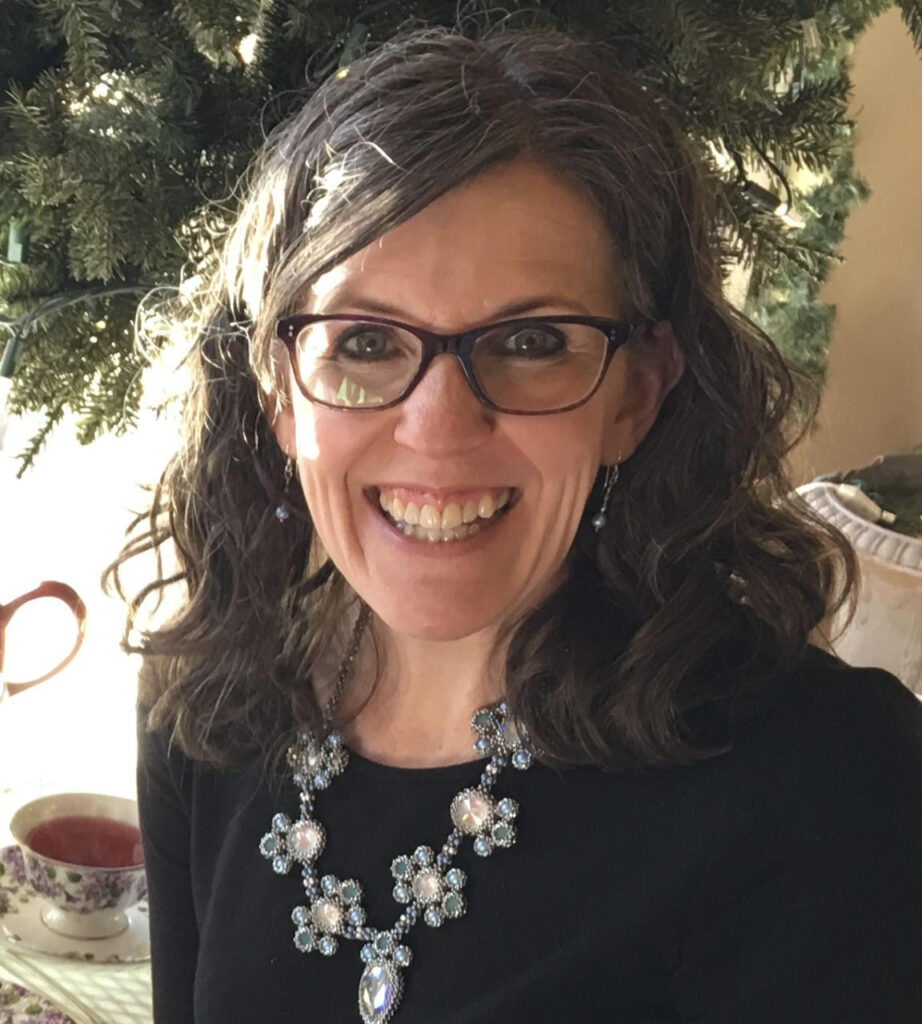
(Photo courtesy of Dr. Leanne Maunu.)
How reading the news enhances communication
In an interview with The Telescope, Palomar Professor of Journalism Chuck Buxton characterized the nature of current news. “We have entered an Internet era when traditional forms of journalism are dying—especially daily newspapers, and to a lesser degree, established network TV news,” he said. “At the same time, new forms of mass communication are being created, powered by the potential of instantaneous and ubiquitous online transmission. What remains a constant is the need for people to know, and the importance of journalists to continue to interpret and explain the information available in the vast marketplace of news.”
The rapid transmission of the news today makes the Internet the easiest, and sometimes only, place to obtain breaking news. The language of the news itself is evolving with changes in news delivery. As a result, the nuances of the news consumer’s linguistic repertoire are subject to modification under the operation of the Internet.
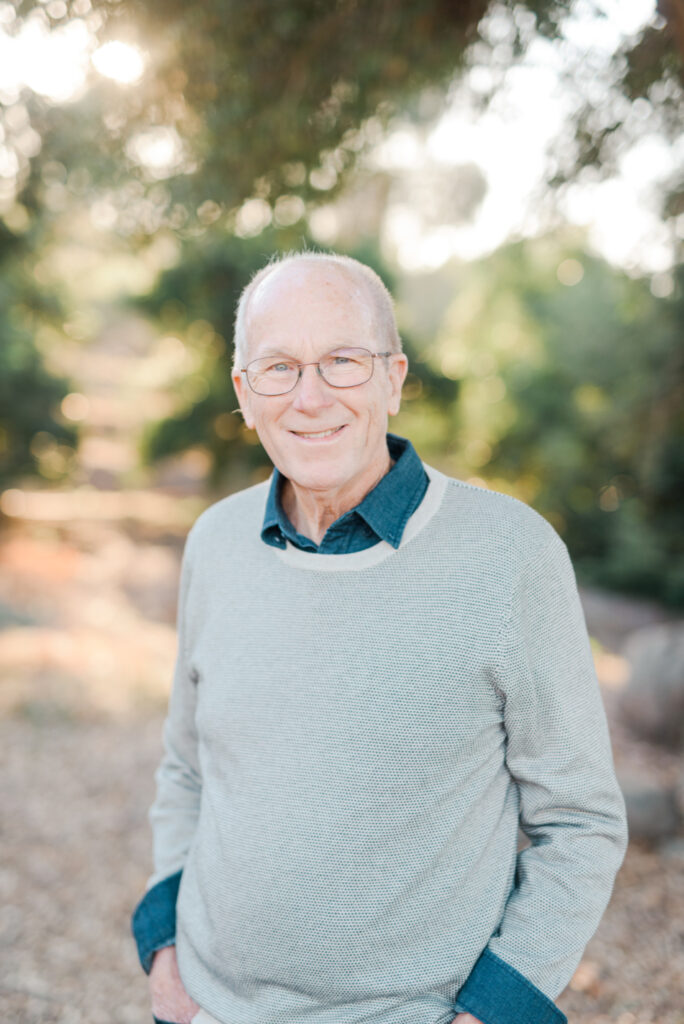
(Photo courtesy of Dr. Chuck Buxton)
Neologisms can be found in reading the news. As the news develops, new words are used to describe it with the passage of time. Neologisms are coined in response to changes in social life and culture that occur as time passes. According to a 2016 article in The Guardian, English speakers are inventing words that make it into common usage at a rate of approximately 1,000 per year. Most of these words first appeared on the Internet.
The easiest, and sometimes only, way to obtain world news is to search online. When news is obtained through the Internet, the neologisms created there make it into our minds and become habitual aspects of cognition. Consequently, reading the news introduces readers to new words as ways of cognizing social life and culture.
Reading and the college experience
Reading teaches us that we are not alone. Whether reading books or the news, we can see that there are others, existing in the past or in the present, who may not be part of our everyday life but who have lived in a way with which we can identify. This awareness can validate us, empowering us to transcend our own cultural conditioning when we discover the ideals conveyed in the writing of authors we admire, which we can then adopt as our own.
As intensive a reader as Abraham Lincoln expressed this idea when he said, “A capacity, and taste, for reading, gives access to whatever has already been discovered by others.”
The human mind is like a garden in which thoughts are similar to seeds planted at an early age that come to fruition later in life. But if the soil of the mind is left fallow, it will lack potential for producing the nourishment of intellectual thought that a cultivated field of ideas can yield. That’s why it’s all the more important to encourage activities like intensive reading at an early age so the habitual reader can experience the progressively self-actualizing fecundity of a well-planted garden of the mind.
“College can be one of the most important experiences in one’s life,” Epstein concluded. “It can transform you personally, professionally, socially, etc. Reading is at the heart of this transformation because it allows us to value learning for its own sake and to cultivate critical lenses through which we view and rewrite the world. The stories we tell and the ideas we come up with will define the world for the foreseeable future, and this world is yours. Reading allows you to step into this creative and meaningful act of existence.” •

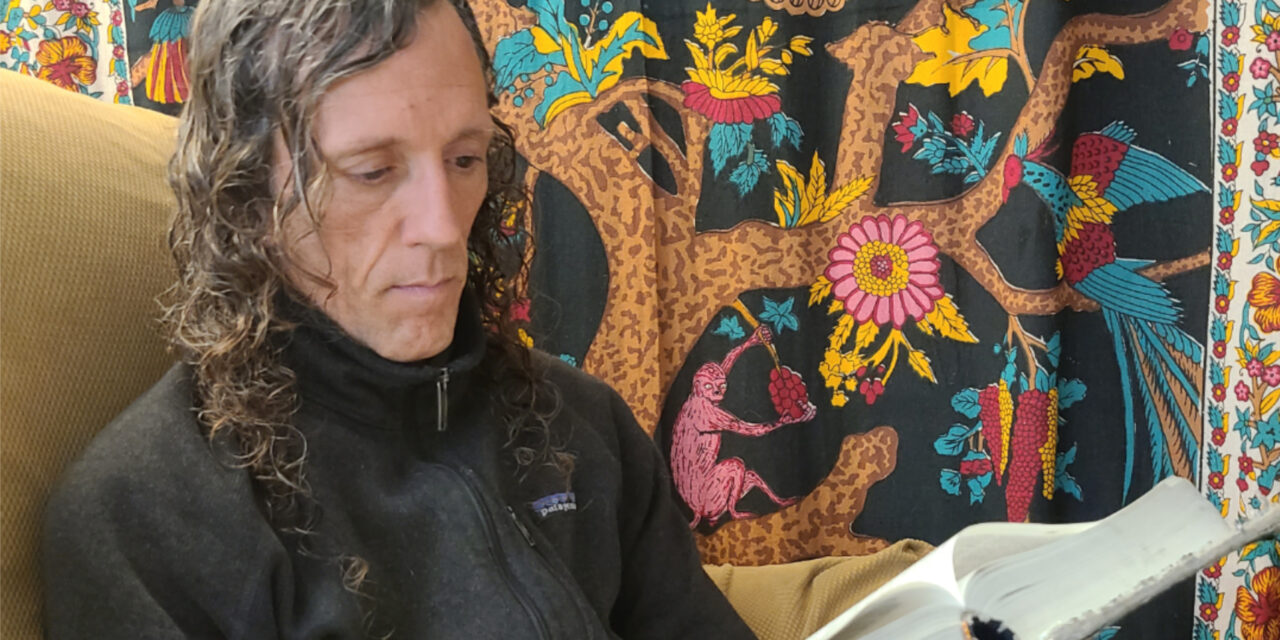

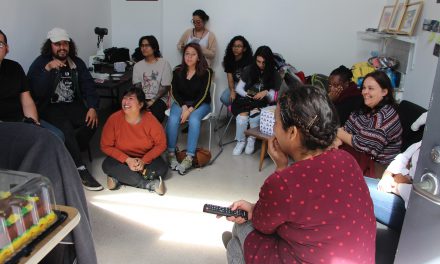


Recent Comments